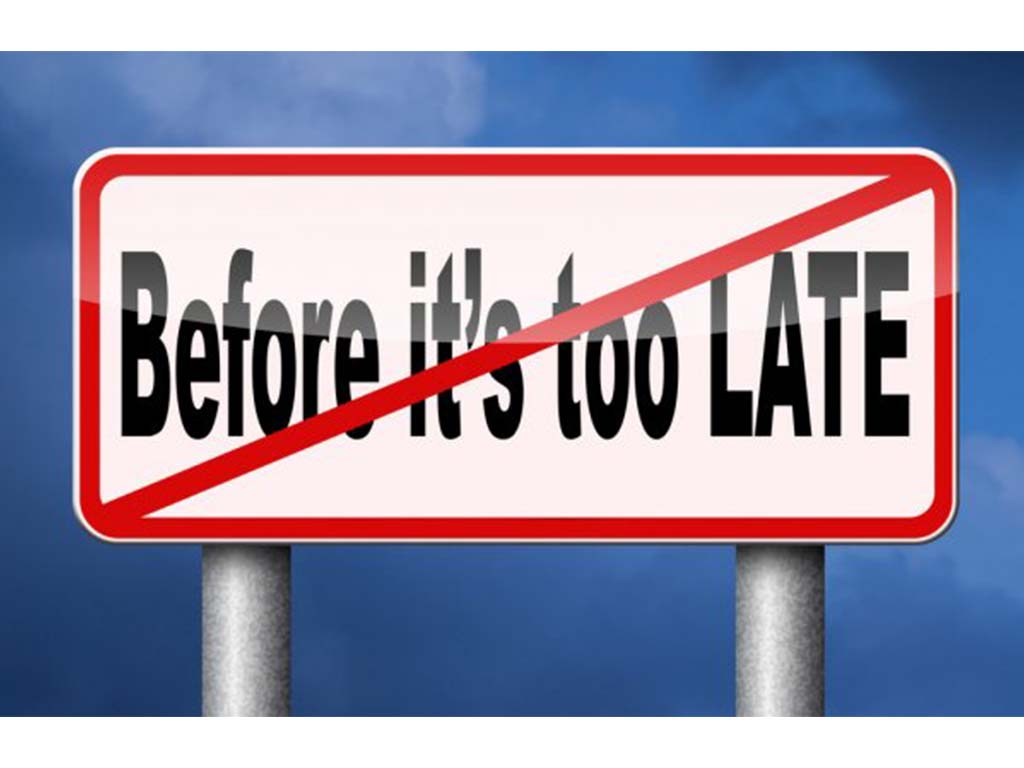ACTIO POPULARIS
Actio popularis is a Latin term that means a lawsuit brought by a third party in the interest of the public as a whole. It derives from Roman penal law. For example, it is sometimes used in the context of genocide and terrorism prosecution under international law.
Yes, the time is here; -
for the
general population
to take mass action
To force their elected representatives
to stop betraying their constituents by contravening the Nuremberg code
to expose the secrets that should not be secrets.
Stop the false narrative sold them by big pharma, their government funders
and the media they control
To face the hard facts: -
No one should ever be forced to take an Mrna treatment that could modify their DNA
that is not sufficiently tested
and that governments are exempting big Parma in respect of consequential damages.
So
it's is time for
Developing a co--ordinated actio popularis case
for The International Criminal Court (ICC) and
The International Court of Justice.
Better still.
A new forum that is untainted with corruption and undue influence.
A Nuremburg 2 / International COVID 19 Court of sorts.
but for now
To approach high courts for declarations of rights
To use those in lower courts to obtain protection orders.
En masse
Undergirded by petitions of massive populists movements like the March for Freedom Campaign.
Which governments and their media are trying to ignore and in fact stifle and suppress world wide.
Movements the media, courts and big corporations are too afraid to even report on.
And can no longer be ignored
If we do not do this, we are all going to be drawn over the cliffs
like lemmings to the slaughter.



Now go to the next Tabs to see
what is already afoot on a similar vein in other countries
as well as what judgements have so far been won,
together with the overwhelming evidence that supports that.
All we need now is effective co-ordination
Collaborate with us to that end please
Background information and notices
The ten points of the Nuremberg Code
The ten points of the code were given in the section of the judges' verdict entitled "Permissible Medical Experiments"
- The voluntary consent of the human subject is absolutely essential.
- The experiment should be such as to yield fruitful results for the good of society, unprocurable by other methods or means of study, and not random and unnecessary in nature.
- The experiment should be so designed and based on the results of animal experimentation and a knowledge of the natural history of the disease or other problem under study that the anticipated results will justify the performance of the experiment.
- The experiment should be so conducted as to avoid all unnecessary physical and mental suffering and injury.
- No experiment should be conducted where there is an a prior reason to believe that death or disabling injury will occur; except, perhaps, in those experiments where the experimental physicians also serve as subjects.
- The degree of risk to be taken should never exceed that determined by the humanitarian importance of the problem to be solved by the experiment.
- Proper preparations should be made and adequate facilities provided to protect the experimental subject against even remote possibilities of injury, disability, or death.
- The experiment should be conducted only by scientifically qualified persons. The highest degree of skill and care should be required through all stages of the experiment of those who conduct or engage in the experiment.
- During the course of the experiment the human subject should be at liberty to bring the experiment to an end if he has reached the physical or mental state where continuation of the experiment seems to him to be impossible.
- During the course of the experiment the scientist in charge must be prepared to terminate the experiment at any stage, if he has probable cause to believe, in the exercise of the good faith, superior skill and careful judgement required of him that a continuation of the experiment is likely to result in injury, disability, or death to the experimental subject.
These have all been violated.
View the summary of those violations
here
This initiative has its roots on the following commission:
THE COMMISSION OF INQUIRY INTO ADMINISTRATIVE IRREGULARITIES IN THE JUDICIAL SYSTEM
AND
ACTIVITIES BY MEMBERS OF SECRET SOCIETIES NOTICES
- This Commission was condoned by His Lordship Justice Mall of the Durban and Coast Local Division of the Supreme Court of South Africa on the 24th day of May 1995 as per pages 11 at 20-30, 12 at 5 and 14 of the transcript of case No A 175/93.
- The Commission manifests as an Actio Popularis Commission.
- It operates under Sections 8(1) 9, 15, 18, 32, 33, 34, 38, 198, 231 (5), 232, 233, and Schedule 6 (22) of Constitution of the Republic of South Africa and as such is independent of any organ of state.
- It’s Terms of Reference covers inter alia any other related matters into the topic of it’s description.
- This Commission does not fall under the Commission's Statute, and is therefore appropriately able to independently and without encumbrances to investigate organs of state in line with the official state doctrine of Openness and Transparency.
- None of its investigating officers are Officers of Court in order that it may similarly appropriately investigate the activities of Officers of Court i.e. attorneys, Advocates, Public Prosecutors, Magistrates and Judges.
- This Commission has, at this stage, no quasi judicial powers of itself, but it may provide evidence to any other personam, instance or agency, in any litigation before the Courts here and abroad, or any other recognised forum, or to bodies fulfilling similar roles such as the Truth and Reconciliation Commission.
- This Commission or any of it’s members, agents and employees may litigate in personam, or under section 38 of the Constitution, or on any other legal grounds as are disposable to any person at law in any tribunal or forum as provided for under Section 34 of the Constitution of the Republic of South Africa, having regard to such international instruments as the Helsinki Accord in line with the provisions encapsulated in sections 321, 232 and 39 of the Constitution.
- This Commission has found it necessary (due to several death threats against it’s investigating officers) that the findings of this Commission be published on the Internet from time to time in order to secure the safety of the investigating officers. Access to the web sight concerned is secured under the auspices of International Agencies engaged in similar investigations and are therefore not as yet accessible to the public at large.
- Members of the public are invited to supply any information that may assist this Commission in it’s investigations.
- This commission is assisted by local and International Agencies involved in similar work.
- This Commission is not state funded but independently funded from the populous at large.
Shortcuts to links
Telegram
Izak.co.za/Notices
Izak.co.za/MI3AMSWa
UBUNTU (pdf)
Land Reform in SA (pdf)
Land Reform in SA
Plandemic Series

Join our Telegram for updates